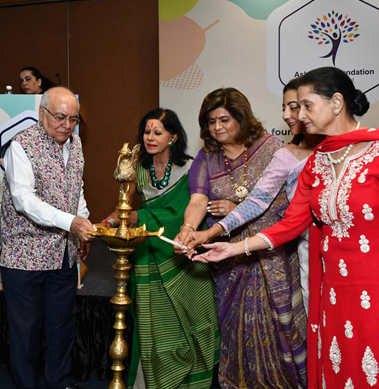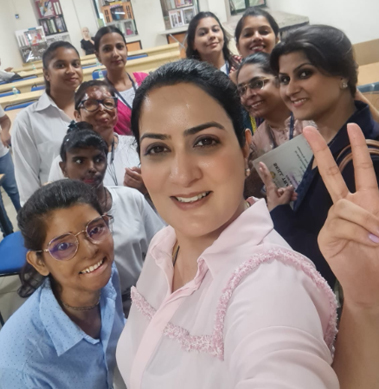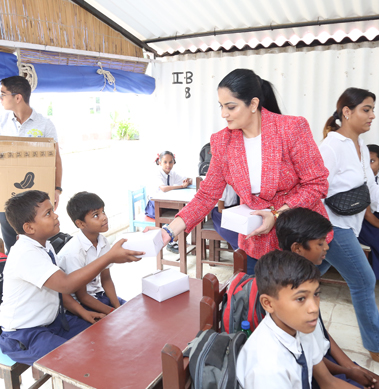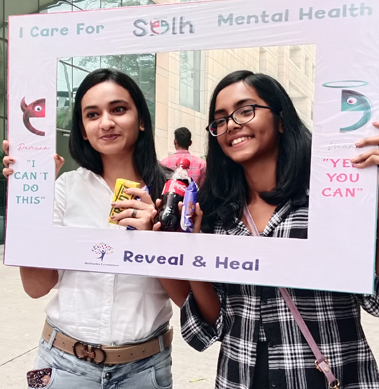In an age where social media permeates every facet of our lives, Ashhwika Foundation, a stalwart in mental health awareness, took a proactive step by organizing a transformative workshop on the topic of Social Media at Surjit Wasu School. This forward-thinking initiative aimed to empower students with the knowledge and skills to navigate the digital landscape responsibly, fostering a healthy relationship with social media for the sake of their mental well-being.
Surjit Wasu School, nestled in a vibrant educational ecosystem, provided an ideal setting for the workshop. The school’s commitment to holistic education aligned seamlessly with the foundation’s mission to equip students not only with academic knowledge but also with the tools necessary to navigate the challenges of the digital era. The workshop unfolded as a collaborative effort between mental health professionals and digital literacy experts, creating a well-rounded learning experience.
The workshop commenced with an insightful introduction by the founder of Ashhwika Foundation. The visionary address set the tone for the day, emphasizing the pivotal role social media plays in the lives of today’s youth and the potential impact on their mental well-being. The foundation’s commitment to fostering a proactive approach to mental health resonated through the discussions, laying the foundation for an engaging and informative session.
The heart of the workshop comprised sessions led by digital literacy experts who delved into the intricacies of various social media platforms. Students were educated on the diverse features, potential pitfalls, and the impact of social media on mental health. The aim was not to discourage the use of social media but to empower students with the knowledge to make informed decisions, cultivate healthy online habits, and recognize the signs of potential harm.
Addressing cyberbullying, online harassment, and the pressure to conform to unrealistic standards were integral components of the workshop. Mental health professionals provided valuable insights into the psychological aspects of social media usage, helping students understand the importance of setting boundaries and nurturing a positive digital environment.
The interactive nature of the workshop encouraged open dialogue, enabling students to share their experiences, concerns, and questions. This facilitated a supportive environment where students felt heard and understood, breaking down the barriers that often accompany discussions about mental health in the context of social media.
In addition to fostering awareness, the workshop also aimed to equip students with practical skills for responsible social media use. Workstations were set up to provide hands-on training in privacy settings, content creation, and effective time management. The goal was to empower students not just as passive consumers of digital content but as active and discerning participants in the digital landscape.
As a thoughtful gesture, Ashhwika Foundation distributed informational pamphlets summarizing key takeaways from the workshop and offering resources for further exploration. The school community, including teachers and parents, were also invited to a closing ceremony where the importance of collaboration between home and school in fostering a positive digital environment was highlighted.
In conclusion, the Social Media Workshop at Surjit Wasu School, organized by Ashhwika Foundation, was a commendable initiative that acknowledged the profound influence of social media on the mental well-being of students. By combining digital literacy with mental health awareness, the workshop laid a foundation for responsible and mindful social media use. As students left the workshop armed with knowledge and skills, the event stood as a testament to the foundation’s commitment to proactive mental health advocacy in the ever-evolving landscape of the digital age.








